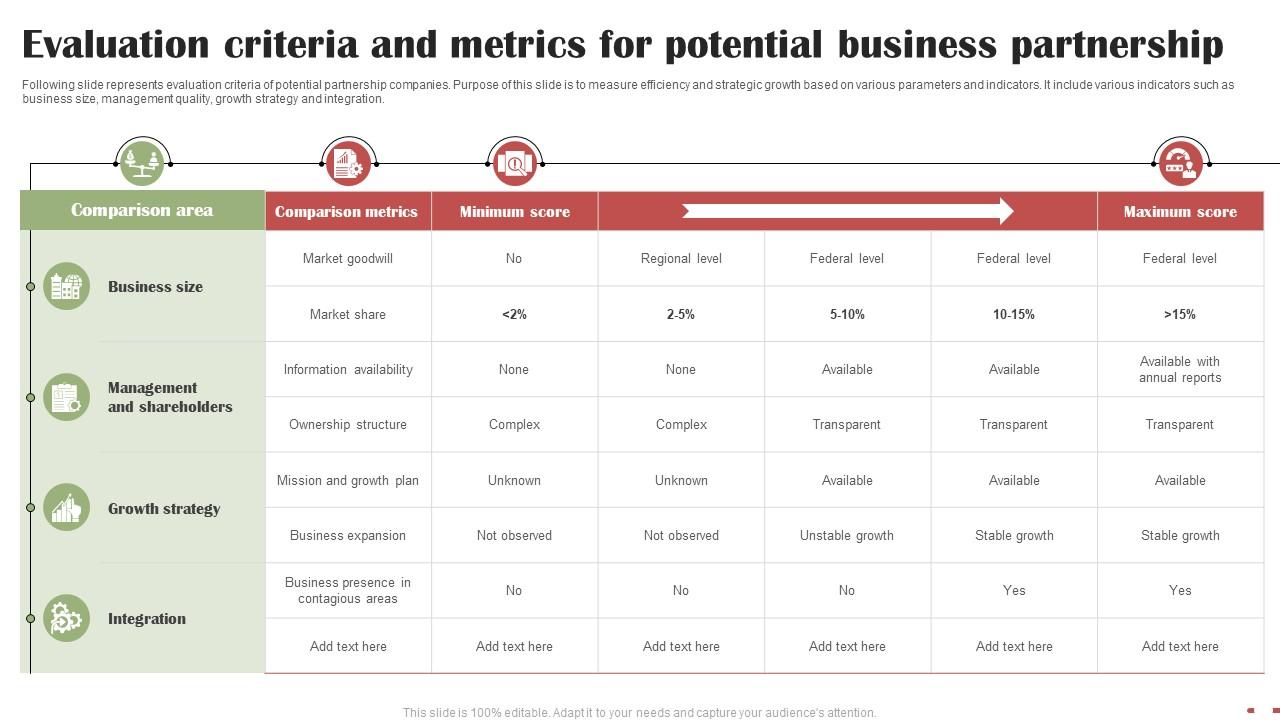Reviewing The Week: Identifying And Addressing Past Setbacks

Table of Contents
Identifying Last Week's Setbacks
Effectively reviewing the week begins with honestly identifying setbacks. This requires objectivity; separate your emotions from the facts. Avoid dwelling on feelings of frustration or disappointment; focus on what actually happened. Several strategies can help in this process:
- Maintain a journal or use a digital tool: Daily logging of activities and challenges provides a valuable record for your weekly review. Note both successes and setbacks, including specific details.
- Review your calendar: Examine your schedule for tasks or projects that didn't progress as planned. Identify deadlines missed, meetings that were unproductive, or goals not achieved.
- Analyze emails, meeting notes, and other documentation: These records offer valuable insights into obstacles encountered and decisions made. Look for patterns or recurring issues.
- Ask targeted questions: Reflect on your week by asking yourself key questions: What didn't go as expected? What were the contributing factors? What were the consequences of these setbacks? Be specific and honest in your responses. This weekly reflection is crucial for identifying areas needing improvement.
Analyzing the Root Causes of Setbacks
Once you've identified your setbacks, the next step is to analyze their root causes. This requires delving deeper than surface-level explanations. Employing effective problem-solving techniques will help you pinpoint the underlying issues:
- Use the "5 Whys" technique: Repeatedly ask "why" to uncover the root cause of a problem. For example: "The project was late (Why?). Because we missed a deadline (Why?). Because we underestimated the time required (Why?). Because we lacked accurate initial estimations (Why?). Because we didn't conduct thorough planning (Why?). Because we were rushed into the project." This process often unveils hidden issues.
- Consider external factors: Acknowledge external influences that may have contributed to your setbacks. These could include unexpected events, resource limitations, or changes in priorities.
- Examine internal factors: Reflect on internal factors, such as a lack of specific skills, poor planning, procrastination, or inadequate delegation. Honest self-assessment is key here.
- Identify recurring patterns: Are you encountering similar challenges repeatedly? Identifying recurring patterns helps you address systemic issues rather than individual incidents. This is key for long-term improvement and overcoming obstacles effectively.
Developing Actionable Solutions for Future Success
Identifying setbacks and their root causes is only half the battle. The real value lies in developing actionable solutions to prevent similar issues in the future. This requires a proactive approach:
- Develop SMART goals: Create Specific, Measurable, Achievable, Relevant, and Time-bound goals to address identified weaknesses. These goals should directly address the root causes you've uncovered.
- Break down large tasks: Divide large projects into smaller, more manageable steps. This makes progress more visible and reduces feelings of overwhelm.
- Seek out resources and support: Don't hesitate to seek assistance when needed. Identify knowledge gaps and actively seek training, mentoring, or collaboration to improve skills.
- Implement new processes or systems: If recurring issues stem from inefficient processes, implement changes to improve workflow, communication, or resource allocation.
- Schedule regular review sessions: Regularly reviewing your progress (weekly or bi-weekly) allows for adjustments to your strategies and helps ensure you're staying on track. This consistent review process is vital for continuous self-improvement.
The Importance of Self-Compassion
Addressing setbacks effectively requires self-compassion. Avoid self-criticism; instead, focus on learning and growth. Remember that setbacks are inevitable; it's how you respond to them that matters. Self-forgiveness and a positive mindset are crucial for resilience and ongoing personal development. Embrace mistakes as opportunities for learning and improving your performance. A positive mindset is crucial for overcoming obstacles and achieving your goals.
Conclusion
Regularly reviewing the week, identifying setbacks, analyzing root causes, and developing actionable solutions is a crucial process for continuous self-improvement. By incorporating this process into your routine, you'll not only prevent future challenges but also foster resilience, build self-awareness, and accelerate your progress toward personal and professional goals. Start your weekly review today. Turn setbacks into success with a consistent weekly review process. Learn to overcome challenges and achieve greater success by mastering the art of reviewing the week.

Featured Posts
-
 Tkrym Astthnayy Llmkhrj Allyby Sbry Abwshealt Mn Aljzayr
May 17, 2025
Tkrym Astthnayy Llmkhrj Allyby Sbry Abwshealt Mn Aljzayr
May 17, 2025 -
 10 Great Tv Shows Cancelled Too Soon A Critical Look
May 17, 2025
10 Great Tv Shows Cancelled Too Soon A Critical Look
May 17, 2025 -
 Eminem And The Wnba A Potential Partnership
May 17, 2025
Eminem And The Wnba A Potential Partnership
May 17, 2025 -
 Inostrana Investicija U Nekretnine Srbi Na Celu
May 17, 2025
Inostrana Investicija U Nekretnine Srbi Na Celu
May 17, 2025 -
 S And P Tsx Composite Index Record Intraday High
May 17, 2025
S And P Tsx Composite Index Record Intraday High
May 17, 2025
